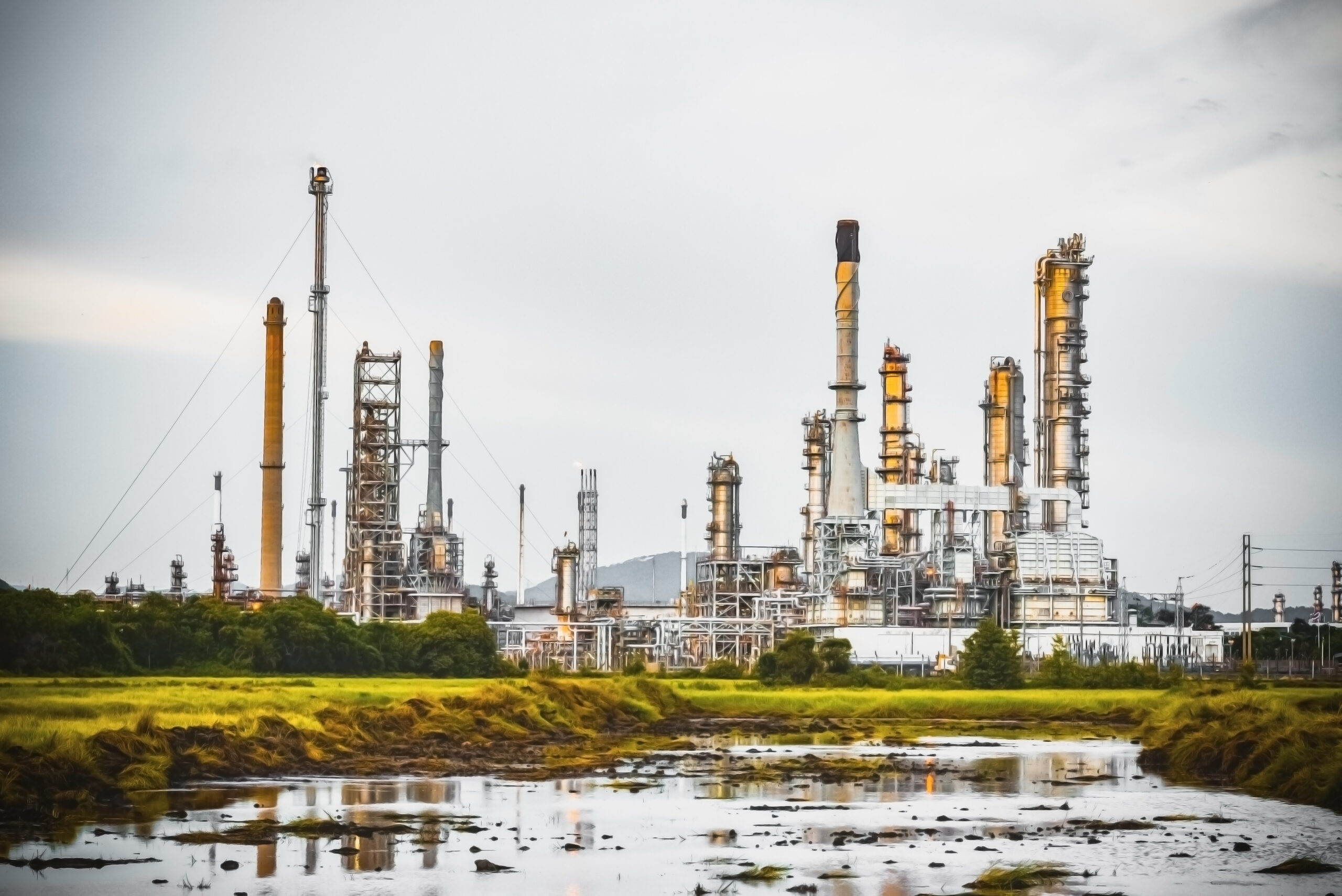IPCC: fossil fuels phase-out is urgently needed
In its latest report, the IPCC said that greenhouse gas emissions need to halve by the end of the decade to avoid catastrophic warming. That means slashing the production and consumption of fossil fuels.

The window to prevent catastrophic warming above 1.5 degrees Celsius is closing, warned the United Nation’s Intergovernmental Panel on Climate Change (IPCC) in a major new report on climate change published on Monday. The body of climate experts called for a rapid shift away from fossil fuels this decade.
“The climate time-bomb is ticking,” UN Secretary-General António Guterres said in a statement. “Humanity is on thin ice – and that ice is melting fast.”
Since the dawn of the industrial era, the world has already warmed by 1.1 degrees. But greenhouse gas emissions from existing fossil fuel facilities alone have the world on track to blow past the remaining carbon budget for limiting warming to 1.5 degrees. After including the expected emissions from fossil fuel projects in the planning phase, the trajectory is much worse, putting warming on course to hit 2 degrees.
If there is a shot at keeping the 1.5-degree target alive, it would require slashing global greenhouse gas emissions in half by 2030, an extremely short timeframe.
The climate time-bomb is ticking but the latest @IPCC_CH report shows that we have the knowledge & resources to tackle the climate crisis.
We need to #ActNow to ensure a livable planet in the future. https://t.co/smE3Rk0eNy
— António Guterres (@antonioguterres) March 20, 2023
However, an aggressive and accelerated transition to clean energy would not only limit catastrophic damage, but would also improve health, employment, and economic outcomes for millions of people around the world. “Mainstreaming effective and equitable climate action will not only reduce losses and damages for nature and people, it will also provide wider benefits,” said IPCC Chair Hoesung Lee.
The overarching imperative is to rapidly phase down the production and consumption of fossil fuels. In the report, the IPCC said reaching net-zero emissions would require “a substantial reduction in overall fossil fuel use, minimal use of unabated fossil fuels, and use of carbon capture and storage in the remaining fossil fuel systems.”
Carbon capture and storage (CCS) has a poor track record, with very few projects functioning as promised. Some climate advocates criticized the inclusion of CCS in the IPCC report.
“It’s very alarming to see carbon dioxide removal featuring in the IPCC report. We can’t rely on risky, untested and downright dangerous removals technologies just because big polluters want us to stick to the status quo,” Sara Shaw, programme coordinator at Friends of the Earth International, said in a statement. “This report is the most dire and troubling assessment yet of the spiralling climate impacts we all face if systemic changes are not made now. We must heed the IPCC’s urgent messages, without falling into the trap of assuming that carbon dioxide removal will save the day.”
IPCC: fossil fuels stranded assets risk
Meanwhile, scientists in the IPCC report also said that any delay in cutting emissions will only increase the costs of the transition, lock in further emissions, and increase the risk of stranded assets.
Despite these dire warnings, governments continue to finance, subsidize, and sign off on multi-billion-dollar oil and gas projects. Just a few days ago, the U.S. Department of Interior gave the greenlight to an $8 billion oil drilling project in the Arctic, a project that is expected to produce 180,000 barrels per day. It won’t come online until the latter part of the 2020s, and will produce for roughly 30 years. And the Biden administration continues to approve gas export terminals on the Gulf Coast.
The latest IPCC report wraps up the international climate body’s “sixth assessment” cycle, and its latest synthesizes thousands of documents that had been previously released in installments covering the state of climate science, adaptation, and mitigation.
“This report is a clarion call to massively fast-track climate efforts by every country and every sector and on every timeframe,” Guterres said. “We have never been better equipped to solve the climate challenge – but we must move into warp speed climate action now.”



